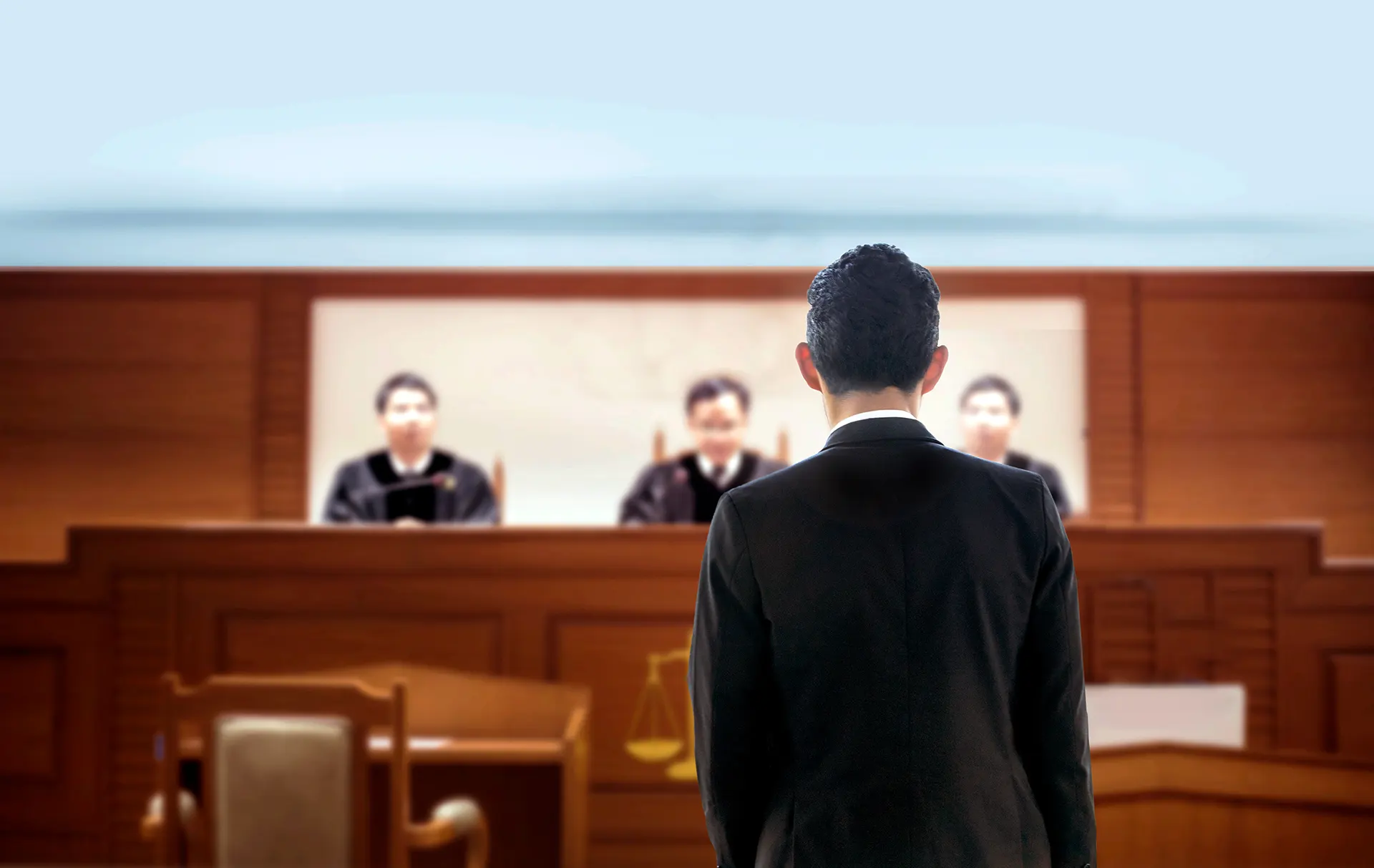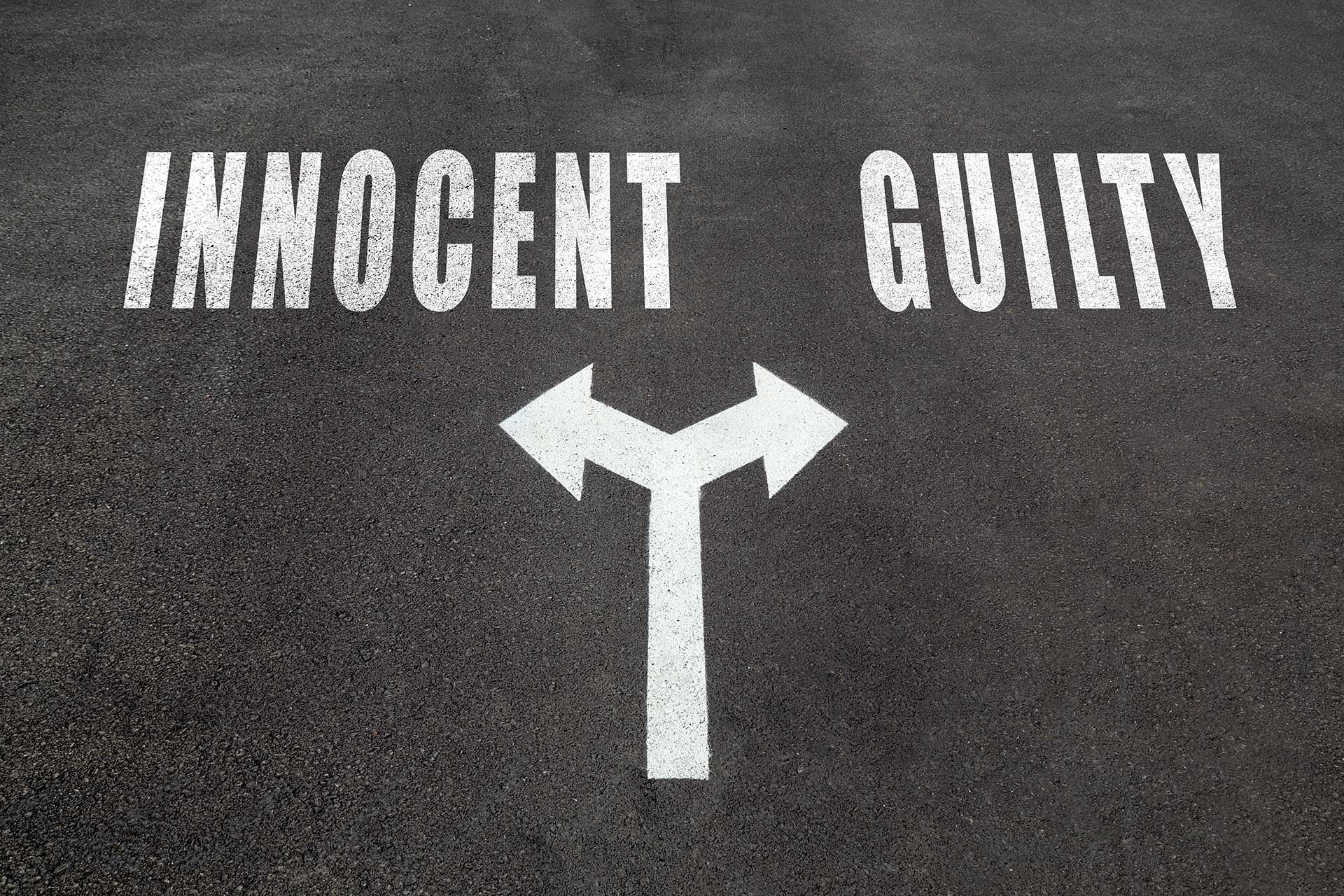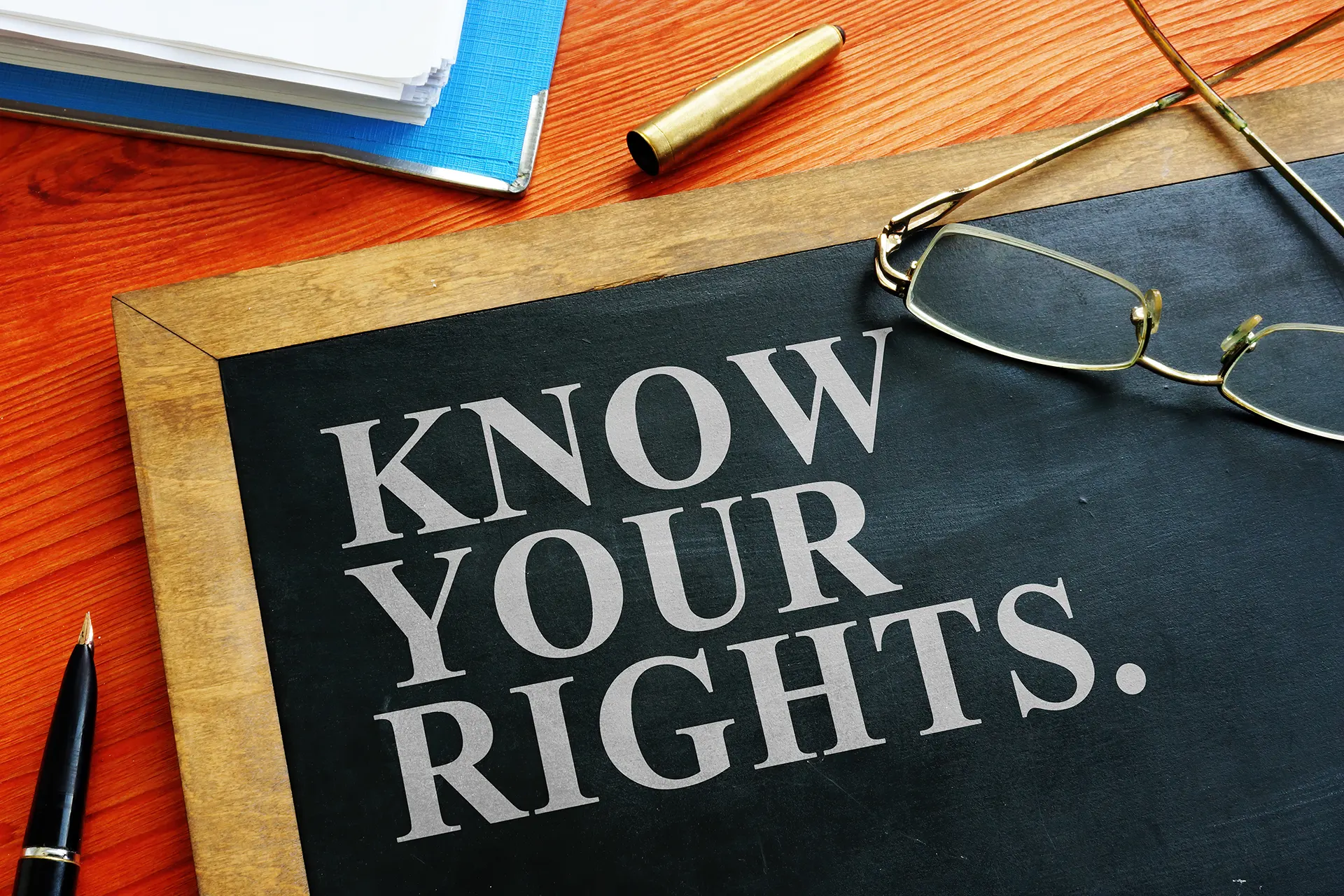Immediate Actions
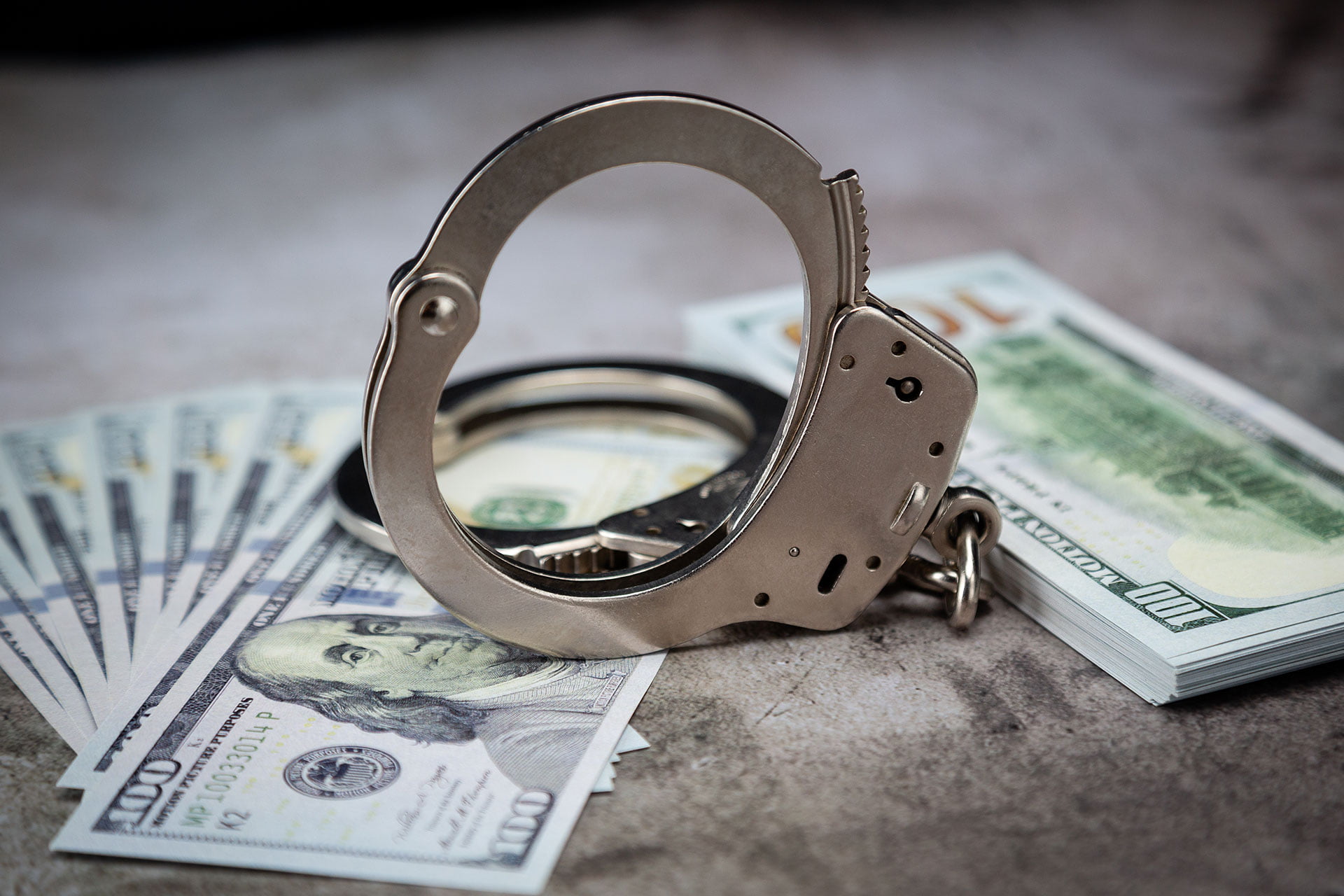
Facing a DUI charge requires prompt and informed action. Explore Immediate Actions After DUI to understand the crucial steps you need to take following a DUI arrest.
DUI Information
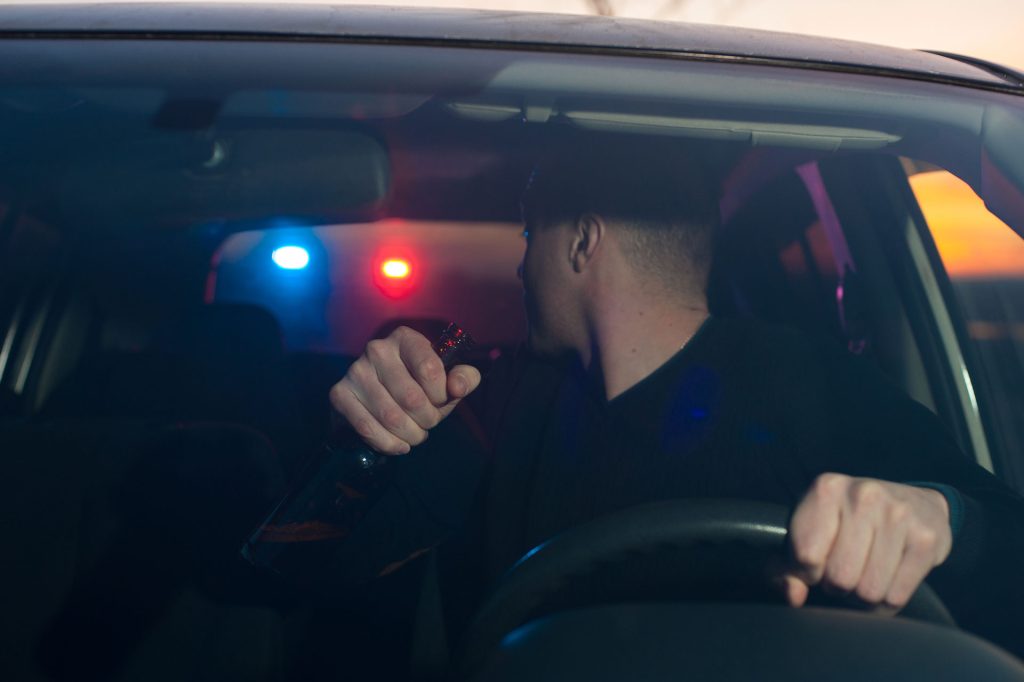
Gain a comprehensive understanding of DUI charges with our extensive DUI Information section, where you’ll find detailed insights into DUI laws, types of offenses, and the potential penalties, empowering you with the knowledge you need to navigate your situation.
DUI Resources

Explore our DUI Resources section for a wealth of tools and materials designed to assist you through your DUI process, offering essential guides, FAQs, and downloadable resources to support and inform your journey.
Your Rights to DUI Defense
At DUI Rights, we understand the complexities and challenges faced by individuals dealing with DUI charges. Our mission is to provide dedicated support and guidance to those navigating the often confusing and intimidating process of DUI law. Specializing in DUI defense strategies, our experienced team is committed to advocating for the rights of the accused, ensuring they have access to comprehensive information and skilled legal representation.
Being arrested for DUI can be overwhelming, but you don’t have to go through it alone. DUI Rights is here to help. Contact us today for a Free DUI Arrest Evaluation and discover how we can assist you in navigating the legal system with confidence and dignity. Protecting your rights and helping you regain control of your future is our top priority.
State DUI Information – Laws and Penalties
Latest DUI Rights Posts
Why You Need to Act Quickly
- Your license will be suspended within 30 days unless you request a hearing
- Only an experienced attorney can request a hearing at the DMV to save your license.
- A public defender will not get your penalties reduced or dismissed
- Fines may cost well over $10,000 unless your defense can reduce or eliminate the charges
- There will be mandatory jail time in some states unless an attorney fights the charges.
What if this is My First DUI?
If this is your first DUI offense, you may have several options available to you in terms of pleading out as well as some penalties and fines. In most states, the first offense is the least costly, but that is not always the case. Below we have some general fines and penalties you can expect on your first conviction (keep in mind every state has its own laws, so some of these may not be relevant in your case).
- Pleading to wet reckless – a significant amount of states offer a lesser charge of wet reckless for drivers that are right at the BAC limit of .08, no deaths or injuries, and no children in the car. This is an alternative guilty plea, but it does allow you to avoid the harsher penalties and fines a DUI carries.
- Jail time – each state carries its own sentence, but they generally range from about three months to a year for first time offenders.
- Monetary fines – you can expect to pay a fine of at least $250, with some states mandating a fine in the thousands. The maximum fine may also be at the discretion of the judge.
- License suspension – the term of the suspension or revocation will depend on whether or not you took the chemical tests. If you refused, you will probably have a one-year suspension or revocation. If you took the tests, the suspension can range from just a few weeks to one year, sometimes longer. However, you may qualify for a restricted license, dependent upon the particulars of your case.
- Ignition Interlock Installation– Mothers Against Drunk Driving (MADD) is making a big push to all local legislators for mandatory IID installation on all convictions. However, not all states are requiring it at this time, so you may be able to avoid it on the first DUI conviction.
What If this is My Second DUI?
Unlike first-time DUI offenders, you will lose most of your options with a second DUI offense. You will also more than likely face significantly higher fines and penalties. A second conviction begins to show a pattern of behavior the courts will take into account when sentencing.
One thing the courts will look at prior to sentencing is the length of time that has passed since your last conviction. Quite a few states offer what is called a “washout” or “lookback” period. If your arrest happens after this period has expired, your sentencing will revert to first-time offender penalties. If the arrest is within this period, you will be sentenced as a second-time offender. In general, this period ranges from five to ten years.
Ignition Interlock Device (IID) installation is also very common for second time offenders. The significance in this is that you are actually responsible for the costs of the device as well as any installation and maintenance costs. You will not be able to operate the vehicle without this device in place and functional.
Penalties for refusing to take chemical tests are also usually elevated for second-time offenders, as are most other penalties and fines. In many states, the penalties are roughly double those first-time offenders face and some states leave the maximum fines up to the judge presiding over the case. If the arrest is soon after the first arrest or has extenuating circumstances, you can expect the penalties and fines to be on the extreme end of the spectrum.
What Happens for a Third DUI Offense?
Facing a third DUI offense marks a critical juncture with serious legal and personal implications. Recognized as a severe violation, a third DUI carries substantially harsher penalties, including extended jail time, hefty fines, mandatory alcohol education, and potential long-term suspension or revocation of driving privileges. Understanding the gravity of this situation is crucial, and navigating these complex legal waters requires informed guidance and expert legal representation.
DUI Questions
- Were your Rights violated during the arrest
- How Will a DUI Affect my License?
- Can I Get a Restricted or Hardship License after a DUI?
- What If I Refused the Field Sobriety Test or Breathalyzer?
- What if this is My First DUI?
- What If this is My Second DUI?
Resources and Information
- What to Do Next after a DUI
- Using a DUI Rights Lawyer to Defend You in Court
- Defenses a DUI Rights Lawyer Will Use to Win Your Case
- Using a Public Defender for a DUI
- How to Get Out of a DUI
- State DUI Laws and Penalties
DUI Arrest Rights – Were your Rights violated during the arrest?
Understanding your DUI rights during a DUI arrest will provide a number of possible tactics your DUI Defense may use in court to help vanquish all charges. The prosecution must prove you were driving the vehicle and operating the vehicle under the influence of drugs or alcohol. The entire sobriety testing done during the arrest is used as evidence against you as well as what the arresting officer observed and put forth in the DUI police report. Obviously there may be discrepancies on the police report on the alleged events that took place when you were arrested for DUI. Here are some possible questions that may be used to help your defense:
- Did the officer have probable cause to pull you over and detain you?
- Were you read your Miranda Rights?
- Was your car not being driven at the time or did the officer not witness you driving?
- Was the breathalyzer test administered during a certain time frame after your last drink?
- Were the arresting officer’s observations inconsistent with multiple witnesses who saw you?
- Were you given a proper field sobriety test?
- Did weather conditions affect your testing results?
What to Do Next after a DUI
If this is the first time you have ever been arrested and charged for a DUI, it can be a bit confusing as to what you need to do next. Obviously, you want to try and have the charges dismissed or, at the very least, have them reduced to avoid the repercussions of having a DUI on your permanent record. Here is a quick step-by-step guide on what you should do after a DUI.
- Hire an Attorney – use DUIRights.com for a free case evaluation and to find local attorneys that can help you fight the charges. There are numerous defense possibilities and there may be even the chance of pleading out to a lesser charge, all of which will require a skilled, local DUI lawyer.
- Make your Court Dates – missing a court date will only create more trouble for you in the very near future. Dress and act appropriately to avoid giving the judge the wrong impression.
- Adhering to Court’s Decision – if you are found guilty, you will face numerous fines and penalties. In addition, you may be sentenced to some type of counseling program. If you want to get your license back, you will need to pay all fines and complete all suspensions and/or counseling required.
- Getting Your License Back – in all likelihood, your insurance company will have terminated your coverage, or will at least require you to obtain a different policy. After a DUI, you will need a SR-22, which is proof that you are carrying the proper insurance after a DUI. You will also need to apply to have your license reactivated or if it was revoked, redo the initial testing.
- Ignition Interlock Installation – in some states, a restricted license and/or first-time violators are required to have an ignition interlock device (IID) installed before being able to operate the vehicle again. The costs of this are your responsibility, as well as any maintenance costs associated with the device.
How Will a DUI Affect my License?
State legislators today are under a lot of pressure to create strict DUI laws. Organizations like Mothers Against Drunk Driving (MADD) are constantly working to ensure “easy” states improve their laws as well as working towards stipulations such as mandatory ignition interlock device (IID) installation and jail time for anyone convicted. Below you will find the repercussion of being arrested and convicted of a DUI.
- License Suspension or Revocation-most states have a mandatory suspension or revocation of license after a DUI conviction. This can range from a few months to a year or more. Refusing to take chemical tests also results in a mandatory suspension regardless of the outcome of the trial.
- Restrictions on License – if found guilty, some states will allow you to operate your vehicle with a restricted license. This means you are only permitted to drive for very specific reasons, such as getting to and from counseling sessions, mandated medical care, school, or work.
- Ignition Interlock Device (IID) – while IIDs are not mandatory in all states, many of them are requiring or have legislation in play that may require them in the future. If required to use one, you will be responsible for the rental, installation, and maintenance costs, adding hundreds, if not thousands, to your penalties and fines.
- Elevated Insurance Costs– after a DUI conviction, you can assume your insurance costs will be much higher than before the arrest. If some cases, the carrier may even drop you from coverage and you will have to find a new carrier, resulting in even higher costs.
Can I Get a Restricted or Hardship License after a DUI?
In some states, individuals convicted of DUI are able to get a restricted license. Each state will have its own guidelines in terms of how to file, when to file, and costs for doing so, but we will explore some of the general reasons why as well as conditions associated with a restricted license.
The reasons a restricted license may be issued are numerous. However, nobody is guaranteed the right to a restricted license as every case is treated on its own merits. In fact, if you have a bad driving record or are a habitual offender, you are much less likely to even have this opportunity.
Some common reasons for awarding a restricted license after a DUI are:
- Court Mandated Programs – some states require mandatory counseling and/or rehab after a DUI conviction. If this is the case, you may need your car to get to these sessions.
- Caretaker – individuals that are the sole caretaker for either children or elderly may require their car for transportation to school, medical care, grocery shopping, or regular doctor visits.
- Medical Care – if, for instance, you had scheduled chemotherapy treatments, you would more than likely qualify for a restricted license.
- Work – your job may be located in an area where public transportation is limited or not available during your hours of work.
What If I Refused the Field Sobriety Test or Breathalyzer?
There is a common misconception that these tests are the same thing, but they are not. One of these tests is extremely unfair and actually subjective in nature. The second test, while required, still presents opportunities to have the case overturned. Let’s take a quick look at each “type” of test and what happens when you refuse to take them.
Field Sobriety Tests
It is not common knowledge, but you can actually refuse to take a field sobriety test without penalty. Most officers will use these tests as a type of gauge in deciding whether to bring you in for chemical testing and/or charging you with a DUI. In most cases today, these tests are also recorded for evidence on the officer’s dash cam.
While you can refuse to take these tests, realize the officer may automatically charge you for a DUI if he or she has probable cause. The officer may elevate to demanding that you take chemical tests to prove your guilt or innocence. There is also the “perception” of guilt by refusing to take these tests if the case goes to trial.
Breathalyzer Tests (Chemical Tests)
Refusing to take any chemical test is also an option, but refusal comes with significant fines and penalties in most states. In fact, in at least one state, if you refuse, the officers can physically take the tests anyway. This is not the norm, though, as most states simply suspend your license and initiate more fines.
Something else to keep in mind is that these penalties and fines must be served and paid regardless of whether or not you win your case in court. In addition, you have additional stipulations on your license once it is restored, such as a mandatory or extended ignition interlock device period.
Using a DUI Rights Lawyer to Defend You in Court
In years past, a DUI was treated as nothing more than a traffic ticket. Today, this not only a very serious crime that remains on your record for life, but also one that can dramatically affect both your personal and professional life. You could lose your job, be prevented from getting a job, and face significant financial hardships with maximum fines and penalties. For this reason, you may want to hire a DUI rights lawyer to defend you and fight the charges.
Possible Defenses a DUI Rights Lawyer Will Use to Win Your Case
No matter how dire your case looks, a skilled DUI lawyer needs only a glimmer of hope to pursue in order to be able to present a viable defense, putting reasonable doubt in the judge’s mind regarding your guilt. If any of these conditions are present, your attorney may be able to have the charges lessened or outright dismissed.
- Wet Reckless – in many states, for borderline cases (meaning your BAC is right at .08 and there were no injuries/deaths and no children involved), a lesser plea of wet reckless is available to prevent a case being tied up in court. This defense is usually only available for first-time offenders and will be considered a first time DUI conviction if you are arrested again.
- Faulty Test Results – one of the aspects of the case most attorneys will visit right away is the chemical tests. The results of the tests can be called into question for many reasons:
- Where the tests conducted in a timely manner?
- Was the person conducting the tests properly trained?
- Was the equipment in good working order?
- Were the samples handled property after collection?
- Conditions of Arrest– while not always the case, some officers have been known to stake out well-known areas during the times when bars let out. Anyone traveling through that area is then stopped and automatically checked for DUI. This violates probable cause and may be a reason for immediate dismissal of the case if it can be proven.
Using a Public Defender for a DUI
Unfortunately, public defenders often get a bad rap in the legal world. The reality, however, is that many private sector attorneys actually started out as public defenders. If you have been arrested for a DUI and cannot afford your own attorney, you will more than likely have a public defender representing you in court.
Contrary to popular opinion, quite a few attorneys actually choose to remain public defenders. However, there are also significant amounts of public defenders that are new, young attorneys trying to gain experience. The latter concerns us when someone is facing charges on a DUI arrest.
Considerations when Using a Public Defender
- Experience – is your attorney a new, young attorney or does he or she have experience defending these types of cases?
- Caseload – many public defenders have very heavy caseloads. Even if the public defender is a very good attorney, not having the time to focus on your case can hurt your defense.
- Resources – private attorneys specializing in DUI law often have a full support team behind them when defending a case. Public defenders, on the other hand, have very limited resources.
If finances are your main concern preventing you from hiring a private DUI attorney, you can use DUIRights.com to get your arrest details examined for free. In all likelihood, you will be able to find at least one DUI attorney in your area that is willing to work out some type of arrangement enabling you to have the best defense possible during your trial.
How to Get Out of a DUI
It is quite understandable that after being arrested for a DUI, you are concerned about how this will affect your professional, personal, and financial life. However, even if you were at fault, not all may be lost. The police may have made numerous errors during and after the arrest that will enable you to have the charges dismissed.
- Probable Cause – did the officer actually have probable cause to stop you? An example of this would be someone that was not driving erratically or violating any traffic laws but that was stopped simply because he or she was on the road near a known drinking establishment between 2:00am and 2:30am (traditional times for bars letting out after last call).
- Rising Blood Alcohol – this is more common than you may think. In many cases, the blood alcohol tests are not performed until after you get back to the station. If the office was delayed in getting you there for any reason, your BAC may have risen into the danger zone while you were actually under the limit at the time of the stop.
- Field Sobriety Tests – did you know that you can actually refuse to take these tests? In fact, these tests are invalidated in many cases simply because of the conditions in which they were performed.
- Medical Conditions – Numerous medical conditions can provide false positives on test results. If you suffer from conditions such as heartburn or acid reflux, let your attorney know, as this may be a viable defense.

